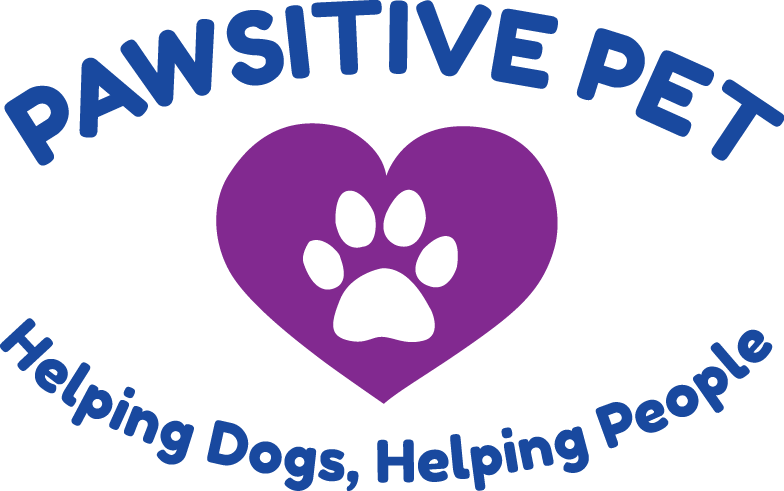Crisis Response Dogs
Cindy Ehlers, CPDT-KA, D.N.C.C.M., CFT, CFE, CT,
In May 1998, in Springfield, Oregon a tragic shooting by a Thurston High School student left 25 people injured and 4 dead. Survivors and witnesses struggled to cope with their horror and shock. In response to this horrible event, the National Organization for Victim Assistance (NOVA) deployed to the school along with two registered Delta Society Pet Partner teams, Sandi Arrington and her dog Garth, and Cindy Ehlers, and her dog Bear. These animal-assisted therapy teams went to work comforting the students. Mental health counselors watched in amazement as the teams helped students who were withdrawn and who were not responding to traditional methods of the human counselors. This tragic event eventually lead Cindy Ehlers to begin what later became know as HOPE Animal-Assisted Crisis Response.
Cindy Ehlers came away from the Thurston High School crisis with the realization that pet therapy animals can also bring comfort and support to people suffering from the effects of a critical incident or disaster. With this new insight and a powerful conviction, Cindy was determined to bring this awareness to others.
In that same year, 1998, Ms. Ehlers became a Delta Society Pet Partner Team Evaluator. Then, in 1999, she became a Pet Partner Instructor. In the fall of 1999, Ms. Ehlers founded HOPE Pets, an organization that offered animal-assisted activities and therapy as part of the Pet Partner program. In order to ensure safe and effective animal-assisted therapy in crisis and disaster situations, Ms. Ehlers decided that registered Pet Partner teams, who wanted to respond in crisis situations, would need specialized training. HOPE Pets held its first formal animal-assisted crisis response training in July 2000. This first course was designed to prepare teams to assist at crisis and disaster scenes, with the emphasis on the canine part of the team. HOPE Pets held a second formal AACR training in June 2001. Emotional trauma components were added to the training, and the dogs were taught to work and perform specific tasks during these higher levels of stress.
In September 2001, Josiah Whitaker and Hoss, Pat Dickinson and Kate, Pat and Bill Gartman and Uno, and Cindy Ehlers and Tikva were invited by the American Red Cross to assist in New York City following the terrorists’ attack on the World Trade Center.
These teams worked for two weeks in New York City helping people with the effects of this horrible event. They, along with many therapy dog teams, received praise and international recognition for the use of animals in comforting survivors, and for helping first responders and other workers relax and talk about their experiences.
In November 2001, HOPE Animal-Assisted Crisis Response (AACR) was incorporated with Cindy Ehlers leading the organization as first president and founder. In July of 2003 National Animal Assisted Crisis Response was incorporated.
Since November of 2001 Hope AACR and National Crisis Response Canines have grown to more than 300 certified animal assisted crisis response. Teams have responded to all manner of crises, including major hurricanes, wildfires, train derailments, and school shootings. The training and education program continues to evolve as teams encounter new challenges working in this much needed endeavor.
AACR organizations consist of a network of Canine Crisis Response Teams, Team Leaders and Disaster Mental Health volunteers, extensively trained and certified to provide animal assisted emotional support when partnering with disaster mental health and emergency response agencies providing rescue, recovery and on-going support to individuals who have been affected by crisis and disaster.
AACR teams provide assistance and on-going support at service centers, recovery sites, hospitals, community centers, orphanages, etc. Teams also provide support for disaster response agencies, clergy and crisis intervention organizations.
Agencies requesting services should choose teams who follow the National Standards for Animal Assisted Crisis Response

